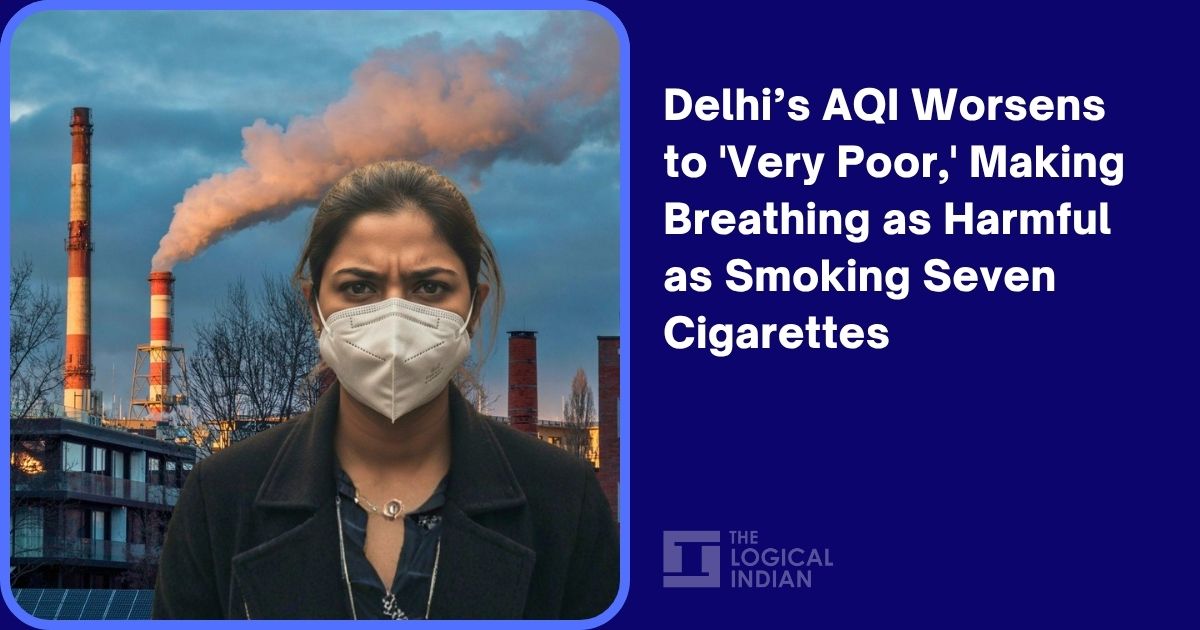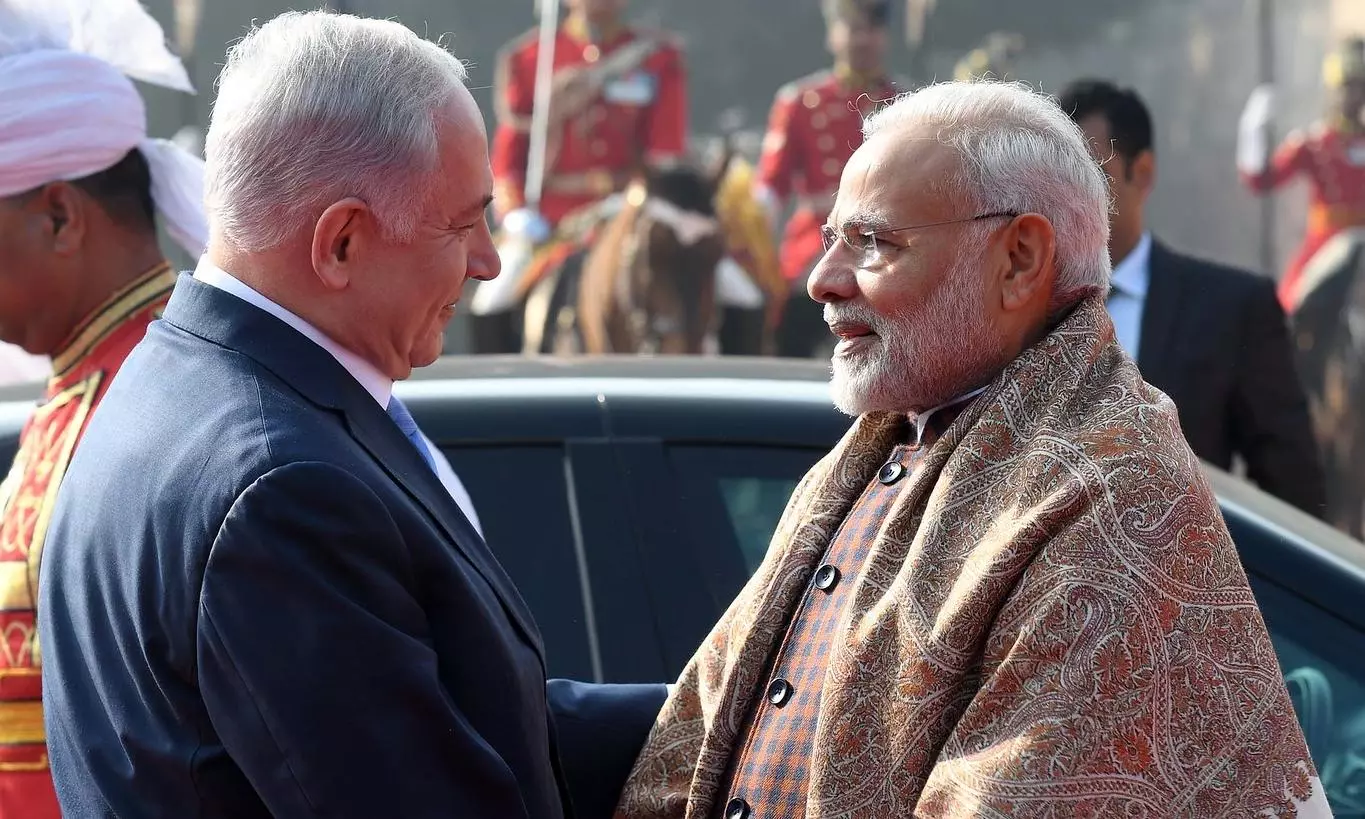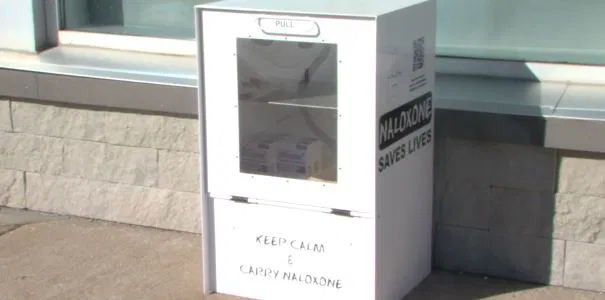Copyright thelogicalindian

Delhi’s air quality sharply deteriorated on Monday, 3 November 2025, with the Air Quality Index (AQI) touching 316 at 9 am, categorised as “very poor” according to the Air Quality Early Warning System (EWS). A private monitor, AQI.in, reported a slightly lower AQI of 242 but equated breathing Delhi’s air to smoking 7.3 cigarettes daily based on PM2.5 concentrations over the previous 24 hours. PM2.5 levels were recorded at 168 µg/m³, nearly 11.6 times higher than the World Health Organization’s recommended safe limit of 15 µg/m³. Health experts warn that exposure can lead to serious cardiovascular and respiratory diseases, including stroke and lung cancer. Pollution was especially severe in areas like Goutampuri, Holambi Khurd, and Shahdara, with neighbouring cities also facing unhealthy air. Heatwave and Pollution Synergy This worsening air quality follows recent heatwaves and stagnant weather conditions that trap pollutants in the city’s atmosphere, compounding public health risks. Experts say Delhi’s low wind speeds and temperature inversions prevent dispersal of vehicular emissions, industrial smoke, and dust, forming thick smog layers. Seasonal agricultural stubble burning in neighbouring states further adds to particulate matter spikes. Authorities have urged residents to minimise outdoor activity, use masks, and ensure indoor air purification wherever possible. Government Actions to Combat Delhi’s Pollution In response to Delhi’s worsening air quality, the government launched the ‘Air Pollution Mitigation Plan 2025’ under Chief Minister Rekha Gupta, which includes 25 key initiatives. These cover stricter vehicle regulations where only BS-VI, CNG, and electric commercial vehicles are permitted entry starting November 1, 2025, enforced through ANPR cameras at city borders. Anti-smog guns and water sprinklers are deployed at pollution hotspots and large buildings to reduce dust pollution. Construction sites must employ water sprinkling and online registration to control dust emissions, while industrial emissions undergo stricter controls with continuous monitoring for compliance. The plan also promotes green cover expansion, electrification of public transport, and waste management reforms, aiming for long-term air quality improvements. The Cloud Seeding Experiment and Its Criticism To induce rainfall and wash out pollutants, the Delhi government initiated a cloud seeding pilot in collaboration with IIT Kanpur as part of its pollution mitigation plan. However, recent reports and opposition voices have criticised the expensive cloud seeding effort as being largely ineffective, calling it a “cruel joke” and accusing the administration of manipulating pollution data to soften public perception of the crisis. Environmentalists and scientific observers remain sceptical of cloud seeding’s tangible benefits for Delhi, urging greater focus on ground-level emission control measures. Health Experts Urge Caution and Action According to the World Health Organization (WHO), sustained exposure to PM2.5 can trigger chronic conditions like COPD and worsen heart disease. Delhi’s current pollutant levels exceed the thresholds considered safe for vulnerable groups, including children, elderly, and those with pre-existing respiratory conditions. Doctors have reported rising cases of respiratory distress in hospitals and clinics since the pollution spike. Government bodies like the Central Pollution Control Board (CPCB) continue to monitor air quality and collaborate with meteorological agencies to forecast pollution trends and issue timely advisories. How to Stay Safe Amid Delhi’s Smog Here are few steps you can take to ensure the bad air doesn’t affect your health. Seek medical help swiftly if experiencing breathing difficulties, chest pain, or severe cough. Avoid outdoor activities, especially strenuous exercise, during high pollution periods. Use well-fitted N95 or equivalent masks outdoors to reduce inhalation of fine particles. Keep windows and doors closed; use certified air purifiers indoors to maintain clean air. Avoid smoking, burning garbage, or any activities that increase indoor pollution. Maintain hydration and consume antioxidant-rich foods to support lung health. Monitor air quality via official apps and follow government advisories strictly. The Logical Indian’s Perspective The persistent “very poor” air quality in Delhi reflects systemic issues in urban planning, traffic management, and environmental regulation enforcement. While short-term cautionary measures are vital, The Logical Indian emphasises the need for sustained policy reforms that prioritise clean energy, green spaces, and pollution control technologies. Collective action from citizens, authorities, and industries forms the cornerstone of healthier urban living.



